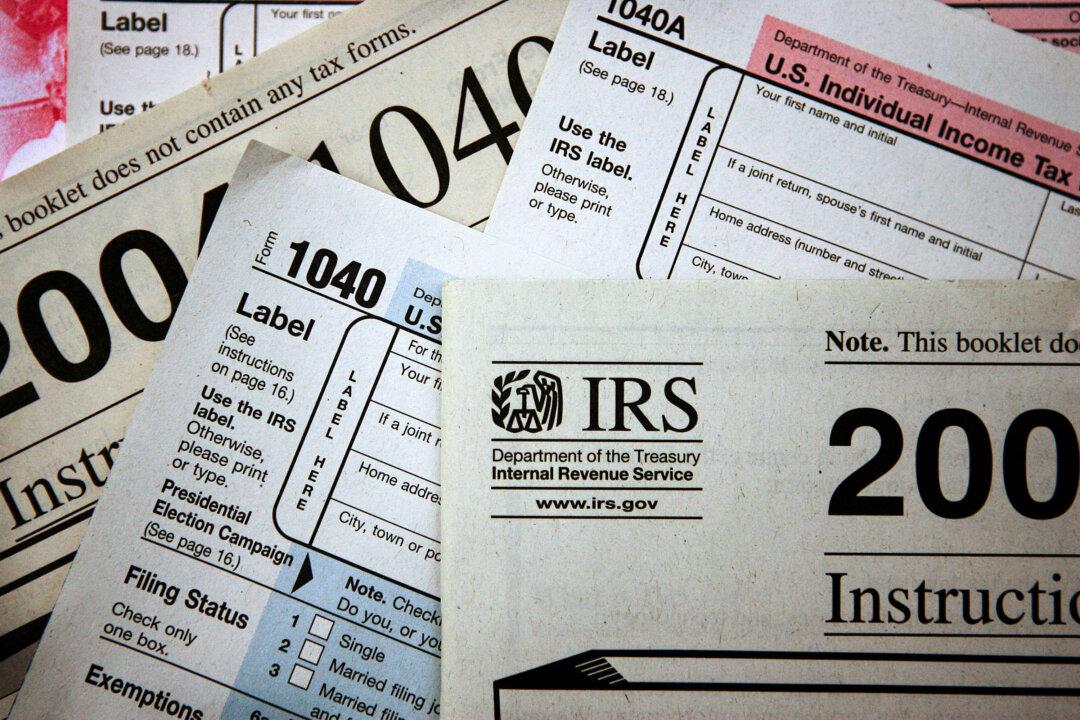Disaster-affected taxpayers from eight states have tax deadlines coming up in the next week, according to a reminder issued by the IRS on Oct. 23.
The IRS had earlier provided extensions for 2023 returns for certain taxpayers affected by disasters.


Disaster-affected taxpayers from eight states have tax deadlines coming up in the next week, according to a reminder issued by the IRS on Oct. 23.
The IRS had earlier provided extensions for 2023 returns for certain taxpayers affected by disasters.